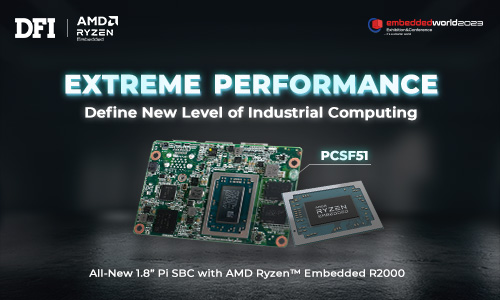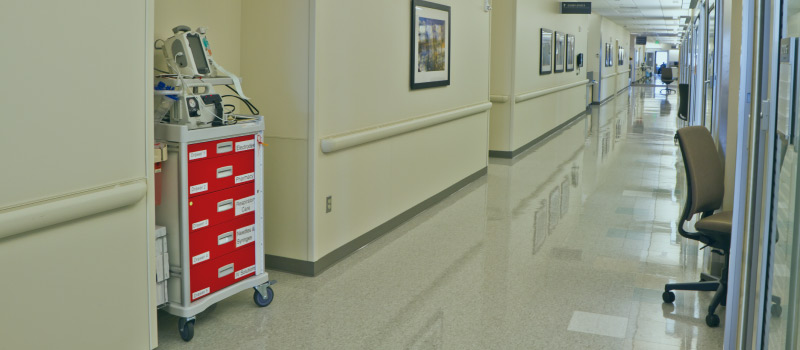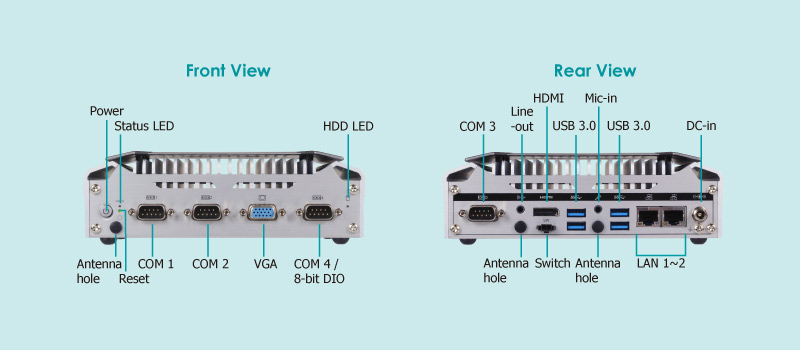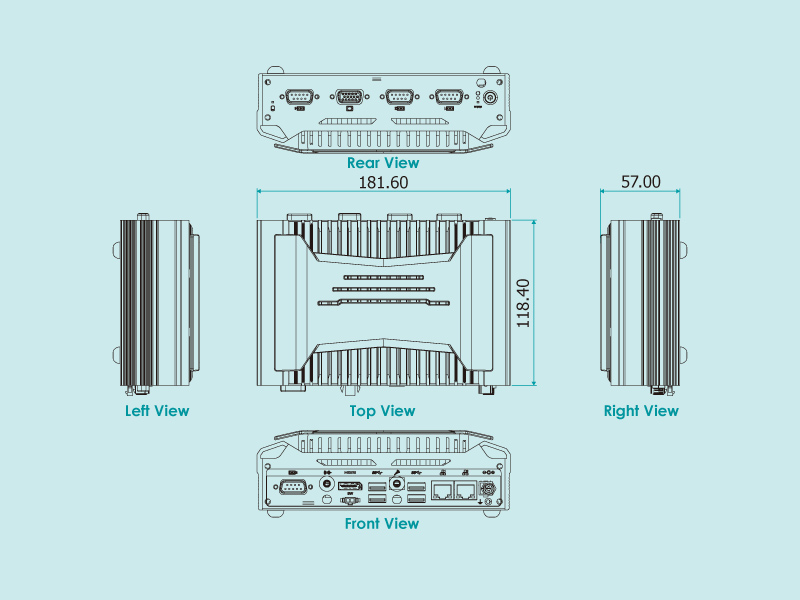Smart Sweeping
With the declining birthrate of advanced countries, the working population continues to decrease. And due to the impact of COVID-19 in 2020, whether in their own homes, hotels, or hospitals, people stay indoors for a longer period of time, and a clean living environment becomes first priority. The matter has also increased the demand for sweeping robots. With its thin appearance, high durability, powerful performance, and complete I/O interface, DFI EC70A-SU has become the brain of a certain automatic sweeping robot product line in China.
Region: China
Industry: Smart sweeping solutions
Application: Automatic sweeping robot
Solution: EC70A-SU








,有助於車隊管理員管理駕駛行為、運動感測、急煞車和衝擊偵測.jpg?timestamp=1689918406.42007)






